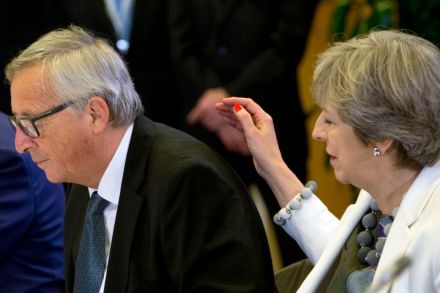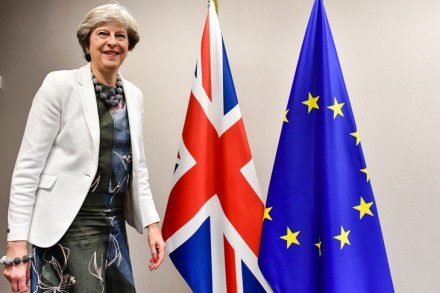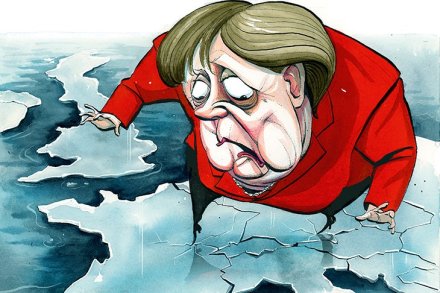The Brexit divorce bill is ghastly but we can still make it work to our advantage
There is much outrage, among both Leave and Remain voters, at the size of the ‘divorce bill’ ministers have reportedly agreed to pay the EU. Figures of €60-65bn (£53-58bn) – more than one and a half times’ the UK’s annual defence budget – are being presented as fact. I share much of this outrage. The sheer range of numbers floated – not least the notorious €100bn figure reportedly demanded by Brussels – show that the cash-strapped EU is simply chancing its arm. The amount the UK will pay clearly has little to do with our provable liabilities. It is all about how much Brussels thinks it can extract. The strict legal




















